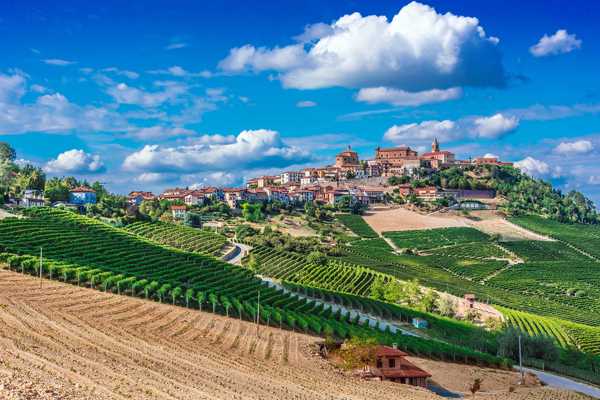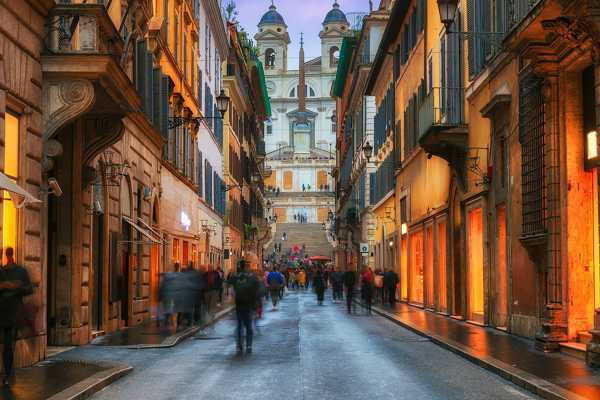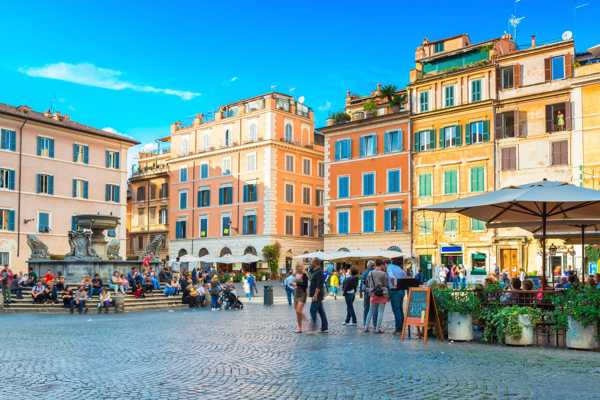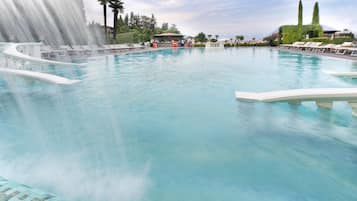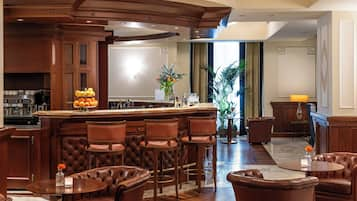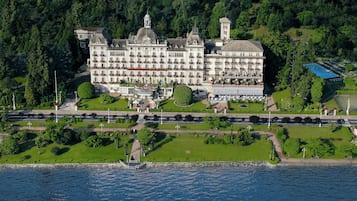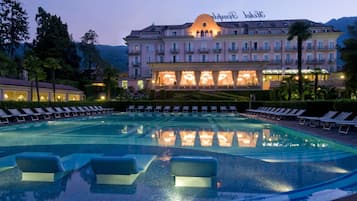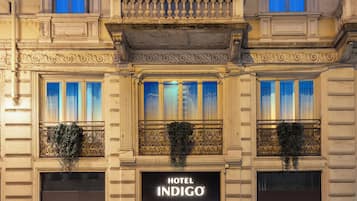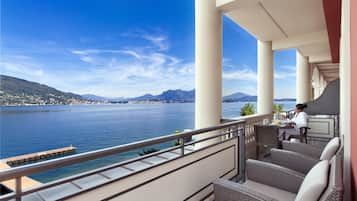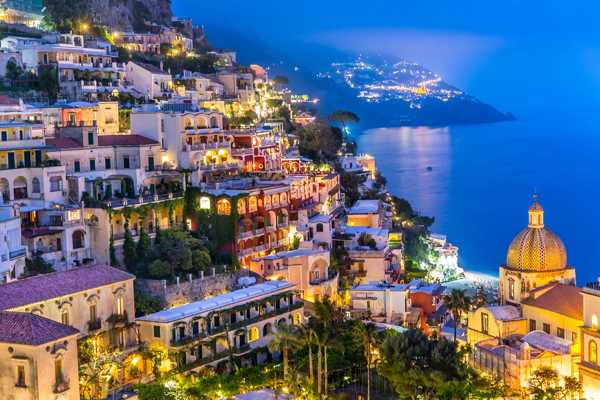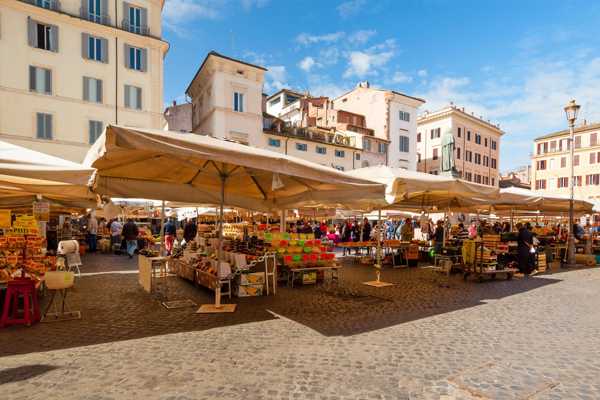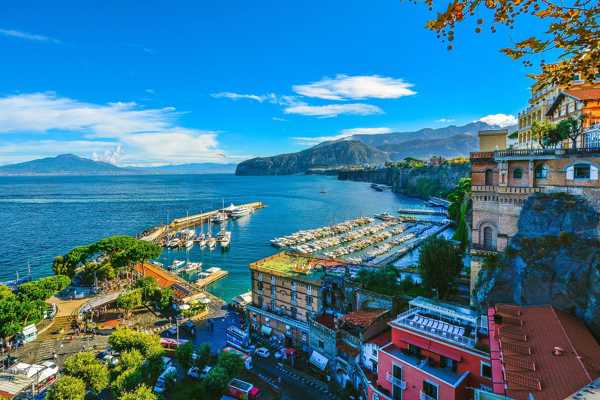Piedmont is characterised by a stunning variety of landscapes, including typical villages, alpine valleys and vineyard-covered hills, . From the first Celtic settlements up to the unification of Italy, civil development and political events have created needs and opportunities. The villages of Piedmont are varied as they evolved in keeping with the characteristics of the environment and the necessities of history.
Fortifications were erected to defend the region's assets, town walls to protect the population, and places of worship for gathering in prayer. The atmosphere, art and search for beauty handed down over the centuries are still alive and visible throughout the region. Here are 10 of the most characteristic villages in Piedmont.
- 1
Vogogna
Visit the medieval stronghold built to defend the duchy

- Food
- History
- Photo
Vogogna gets its old-town charm from its cobbled streets, stone roofs and arcades with Gothic arches. The main buildings, like Palazzo Pretorio and the castle, were built in the 14th century, when the powerful Visconti family made the town their defensive outpost in the Ossola Valley. A city wall was also built at that time, some of which remains today, and renovations were done on the Lombard fortress, the remnants of which still dominate the town.
The Oratorio di San Pietro (Oratory of Saint Peter), decorated on the inside with 15th-century frescoes, is also of Lombard origin. Before leaving town, you have to try gnocchi all'ossolana, a typical gnocchi dish with chestnuts, maybe after some local cured meats and cheeses.
Location: 28805 Vogogna, Italy
Map - 2
Orta San Giulio
Relax in tranquil grandeur on the lake shore

- History
- Photo
Orta’s appeal is its tranquillity, captured in a stunning architectural setting. Its houses, 19th-century residences, Chiesa di Santa Maria Assunta (Church of Santa Maria Assunta) with its wonderful portal decorations, and the Renaissance-era Palazzo della Comunità (Community Palace), are just some of its important buildings.
To get a taste of the town's charm and beauty, stroll along Piazza Motta, which sits alongside the lake, lined with arcades and bustling with shops and cafés. A few hundred metres from the shore is the Isola di San Giulio, a small but beautiful island housing the Basilica of San Giulio, the Via del Silenzio (Route of Silence) and Villa Tarrone, which often hosts classical music concerts. The island’s a short boat ride away.
Location: 28016 Orta San Giulio, Italy
Map - 3
<em>Ricetto</em> of Candelo
See how the citadel secured itself against sieges and raids

- History
- Photo
In Candelo, you can discover how goods were defended in the Middle Ages. This town between the Biellese Alps and the Riserva delle Baragge (Baragge Nature Reserve) is home to a Ricetto, a type of medieval fortification built to store food, tools and anything that had to be protected from enemy incursions. Even the population of the town could find shelter there.
Candelo’s Ricetto is notable for its excellent condition and its size: in the network of streets inside the walls, reinforced by circular towers, there are more than 200 buildings that house restaurants, craft shops and exhibition spaces. Its unique atmosphere is livened up with a packed calendar of events, concerts, and food and wine festivals.
Location: Piazza Castello, 31A, 13878 Candelo, Italy
Phone: +39 015 253 6728
Map - 4
Usseaux
Admire murals and sundials in a mountain village

- History
- Photo
Usseaux, surrounded by the peaks of the Cottian Alps in the Chisone Valley, has kept its traditional look thanks to its stone houses and buildings where everyday activities used to take place. The stables, washhouse, flour mill and oven (used for baking dough made with the flour) are all still intact. Brightly coloured frescoes cover the walls of the houses and depict stories and scenes from everyday life.
The neighbouring hamlets are also picturesque and traditional: Balboutet is known for its countless sundials, and Laux is on a little lake at the foot of the mountains. If hiking is one of your hobbies, this little town is a great starting point for routes on foot or by bike.
Location: 10060 Usseaux, Italy
Mapphoto by F Ceragioli (CC BY-SA 3.0) modified
- 5
Garbagna
Visit a charming village on the border between Piedmont and Liguria

- History
- Photo
Garbagna is a unique combination of Piedmontese features and Ligurian style perched on a hill in Piedmont once held by Genoan lords. Piazza Doria, a square in the middle of the village housing the Palazzo Signorile and Oratorio di San Rocco (Oratory of San Rocco) is named after the old princes. Follow the narrow street that winds between the shops and colourful houses to reach the Chiesa di San Giovanni Battista Decollato (Church of San Giovanni Battista Decollato), a small 18th-century masterpiece with a beautiful organ.
The castle just outside the village has great views for taking pictures. Walk around 2 km through woods to the Santuario della Madonna del Lago (Sanctuary of the Madonna del Lago), a medieval shrine.
Location: 15050 Garbagna, Italy
Map - 6
Volpedo
Follow in a painter's footsteps

- History
- Photo
Volpedo is the home town of 19th-century painter Giuseppe Pellizza, famous for his work Il quarto stato ('The Fourth State'). You can walk through the square where the painting is set, visit the museum and house where the artist lived and go in his studio, which is still as it used to be, with easels, drawings and paintings hanging on the walls.
To discover more about Pellizzi, copies of his works are displayed along the streets in the centre, in the places that inspired the painter. The most important monument in the village is the Romanesque Pieve of San Pietro, a church with medieval origins decorated with 15th-century frescoes.
Location: 15059 Volpedo, Italy
Map - 7
Mombaldone
Spy stone houses in a tuff landscape

- History
- Photo
Mombaldone, in the Langa Astigiana area, is a characteristic village where the houses, alleys and defensive walls have retained their medieval look. Pass under the Gothic archway at the village entrance, and the street through the centre will lead you to the castle’s remains.
The sandstone used to build the oldest buildings creates a picturesque setting where 18th-century architecture, such as Chiesa di San Nicola (Church of Saint Nicholas) and Oratorio dei Santi Fabiano e Sebastiano (Oratory of Saints Fabiano and Sebastiano), blends in well. If you'd like to snap photos of some more unusual natural wonders, walk up to the Calanchi, snaking gullies in the tuff walls of the hills shaped by water erosion.
Location: 14050 Mombaldone, Italy
Map - 8
Neive
Experience medieval ambience in a land of wine

- History
- Photo
Neive is captivating thanks to the beautiful local scenery, the perfectly restored historic town centre and the cellars where fine wines age, waiting for you to taste them. The town is located in the Langhe Occidentali area, surrounded by hills where Barbera, Barbaresco, Dolcetto and Moscato wines are produced. This abundance has attracted well-off families over the centuries, who built their homes in the town.
The upper part, on the hilltop, has kept its traditional appearance intact, while a newer area has developed in the lower part, called Borgonovo. The clock tower and Chiesa dei Santi Pietro e Paolo (Church of Saints Peter and Paul) stand out over the roofs of the houses and noble mansions.
Location: 12052 Neive, Italy
Map - 9
Garessio
Combine history and hiking at the foot of the mountains

- History
- Photo
Garessio is a medieval town full of history and the perfect starting point for hikes through forests, mountains and valleys. Routes through nature will allow you to discover the Maritime Alps, which offer views that stretch to the Ligurian Sea. The oldest part of the town is Borgata Maggiore, where the ricetto (small fortified area) stood, of which the Porta Rosa tower still remains.
Close by is Piazzetta San Giovanni, a small square that has stairs leading to the church. The space is enclosed by elegant buildings and characterised by magnificent black and white cobblestone paving created from a design by automotive designer Giorgetto Giugiaro, who was born in Garessio.
Location: 12075 Garessio, Italy
Map - 10
Monforte d'Alba
Discover new ideas along old streets

- History
- Photo
In Monforte d'Alba, you can sit on a giant bench, visit an amphitheatre built into the hillside and taste Barolo right in the producer's cellar. In this town, modern ideas live within the old setting of the historical centre that sits atop a hill surrounded by vineyards. You can climb up onto one of the colourful Big Benches from American designer Chris Bangle that dot the Alta Langa area.
The town's main square is home to the bell tower of the old church, the Oratorio di Sant’Agostino e di San Bonifacio (Oratory of Saint Agostino and Saint Bonifacio) and the Horszowski Auditorium. This open-air amphitheatre has flawless acoustics and grass-covered terraces and hosts concerts, plays and film screenings in summer.
Location: 12065 Monforte d'Alba, Italy
Map

